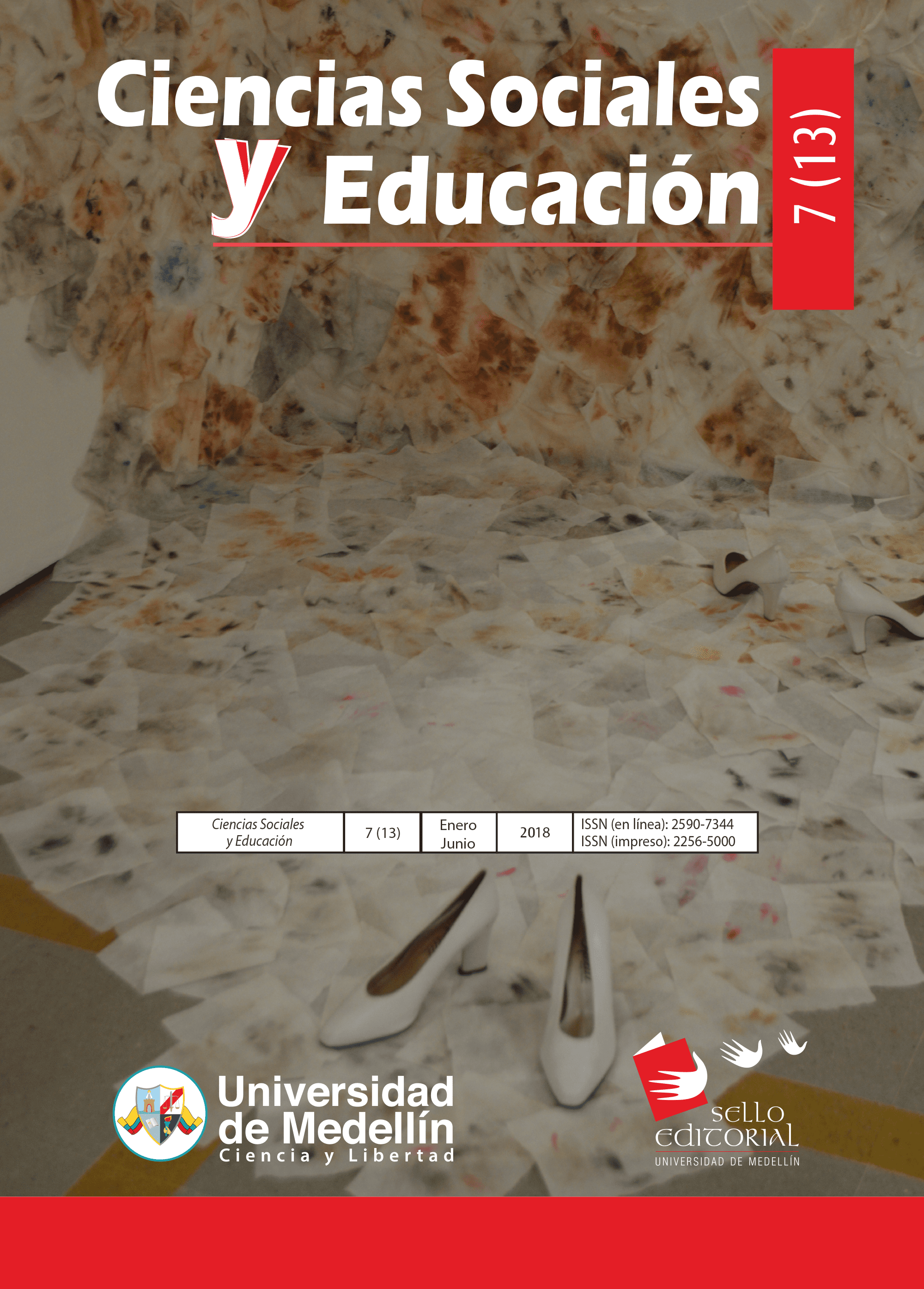Odo Marquard: On the Need for Pluralism in Philosophical Anthropology and Political Philosophy
Main Article Content
Abstract
Odo Marquard, German post- Second World War philosopher, devoted a significant part of his life to writing countless essays about the origin of social, political and human havoc caused by the concretion of utopias that took place during the 19th and 20th century, and that led to totalitarianism, both left and right. For Marquard, the origin lies in the abolition of plurality and dissent characteristic of a contingent world, one in which it is not possible to privilege an understanding of the world and men, and it is necessary to accept multiple conceptions. Philosophical anthropology and political philosophy are fundamental to account for this plurality that –recognized by the bourgeois citizenship values of freedom and equality, and hand in hand with a skeptical attitude– may prevent the emergence of new totalitarianisms in the 21st century. In this sense, the analysis on pluralism form Marquard’s point of view presented in this essay remains timely and may provide critical elements to diagnose contemporary societies.
Article Details
References
Marquard, O. (2000). Apología de lo contingente. España: Katz.
Marquard, O. (2001). Filosofía de la compensación. Escritos sobre antropología filosófica. Buenos Aires: Paidós.
Marquard, O. (2005). Individuo y división de poderes. España: Trotta.
Marquard, O. (2007). Felicidad en la infelicidad. España: Katz.





